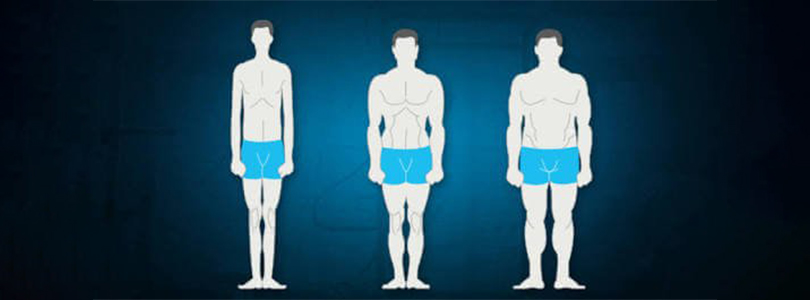We are different from one another. We look different, act different and react differently. Even if we compare among siblings where genetic and environmental factors are similar, they are considerably different in their looks, likes and temper. Have you wondered why, it’s because they have different body types.

What is a body type?
Types of body type
Each one of us has a unique body type which we inherit from birth and unchanged until death. According to the doshas involved these body types can be categorised into four; vata body type, pitta body type, kapha body type and mixed body type.
Importance of body type
Body type explains why one box doesn’t fit for all. According to the body type, you need to plan you routines, diet and exercise. You will be able to perform well in your profession and maintain your relations if you understand your skills and emotional tendencies through your body type. Ayurveda teaches how to maintain health and avoid imbalances of each body type. The reason why you don’t get benefitted from the healthy diet or exercise as others may be because even though it’s healthy, it’s against your body type.
Application of body type
- To choose most suitable exercise and diet for you.
- To correct your daily routines.
- To know your skills and improve your career accordingly.
- To know easy and effective way to maintain health.
- To know your emotions and control them effectively.
- To understand what can make you emotionally and physically imbalanced.
- To enjoy your relations by understanding (and correcting) your and others’ behaviours.

